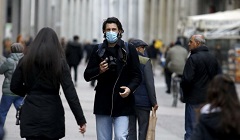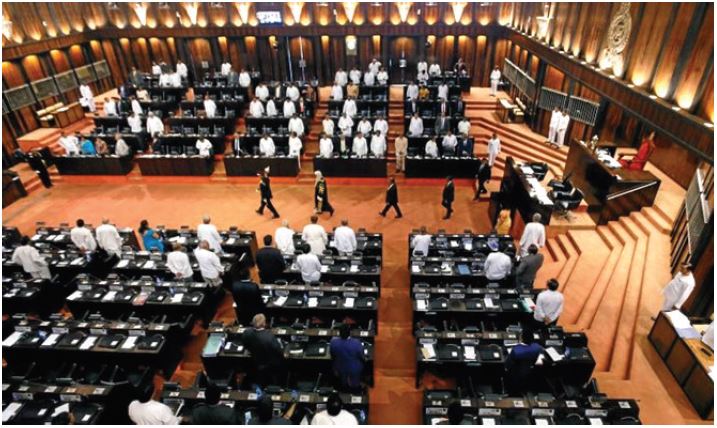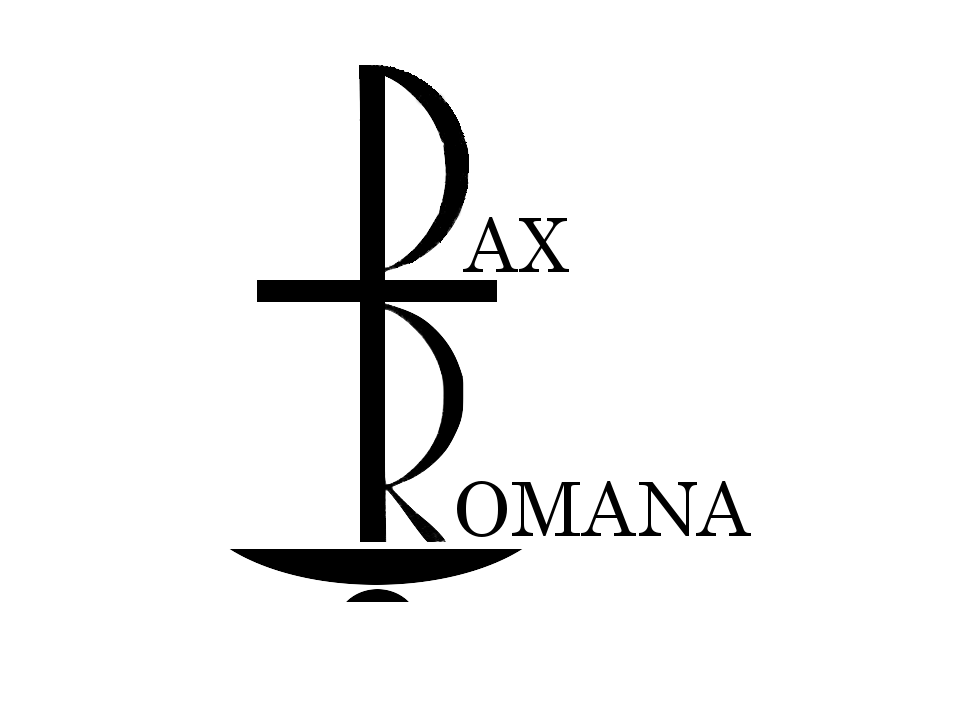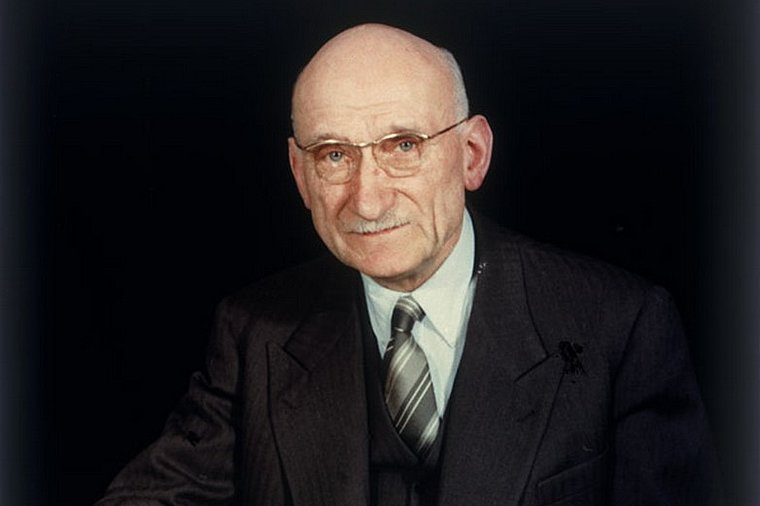When the « Petit Prince » says “The essential is invisible to the eyes” he’s not thinking about a virus. Yet a virus invisible to the eyes is today bullying us back to the essential, depriving us of many things that, at least at our latitudes, we were used to taking for granted: security, health, social relations, freedom of movement and even freedom of worship.
But, most of all, control over our lives: the virus forces us to mourn the illusion of having everything under control.
At the same time, the virus requires us to recognise what is in our control – what we can do – and to act accordingly. After weeks of unhealthy and disjointed announcements, a rational message is finally prevailing in public communication: the threat that the virus carries is not so much about the personal existence of most of us, but about the resilience of the health care system. With regard to this threat, we must all act responsibly in order to limit as far as possible a contagion that would put health facilities in crisis and the existence of those who are weaker in age or other diseases at risk.
The virus therefore requires us to learn to distinguish between what is under our control and what is not: not everything is not under our control, nor will it ever be under our control, but, as far as we are concerned, we must all act responsibly, thinking above all of the weakest. In short, the virus imposes on us to become adults, elaborating the mourning of a childhood dream of omnipotence and taking charge of the existence of those who are most exposed and defenceless. (Incidentally: this is all the more true for those voices of the Catholic world that have raised themselves against the alleged abuse of a State that calls for the closure of churches in the name of the defense of public health: they continue to fail to understand the priorities between man and the Sabbath and to understand where the body of Christ is, ending up doing idolatry).
Once the emergency is over, which requires us to work together without any misunderstandings and without looting, it will be possible and necessary to evaluate the different responsibilities in the management of the epidemic, especially to ensure that the lesson has not been in vain and that in the future we can find ourselves better prepared for similar emergencies: at the level of health management, public communication, economic support measures.
But only on one condition will the hard lesson of the coronavirus not have been in vain: if each of us has learned that not everything is in his control, but that what he can do, he must do it: for the good of all and in particular of the most fragile and defenceless.





Leave A Comment
You must be logged in to post a comment.